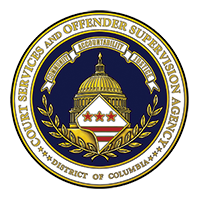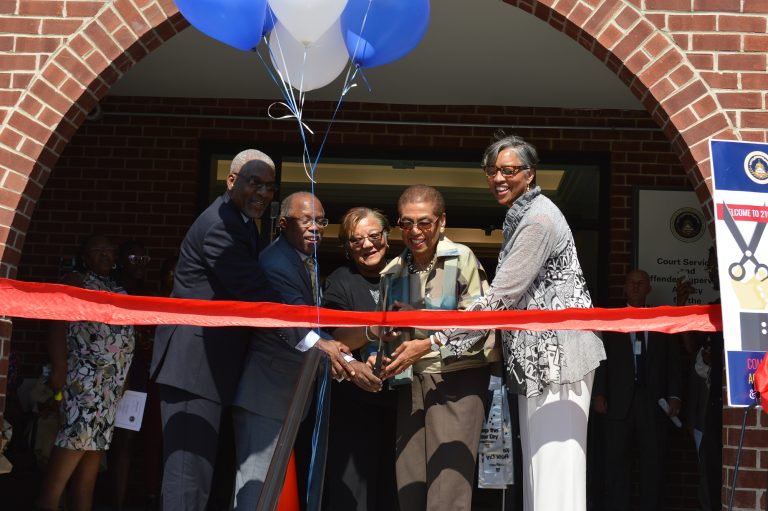Getting a Second Chance Requires a Community Effort
[vc_row][vc_column][vc_column_text]April is nationally recognized as Second Chance Month, a time when the nation recognizes the obstacles that formerly incarcerated people face when returning to the community. Second Chance Month also is an opportunity to recognize how CSOSA’s staff works tirelessly throughout the year to ensure that the Agency serves as a model community supervision agency that enhances public safety, reduces recidivism and supports the fair administration of justice through adhering to its guiding principles, “Community, Accountability, and Justice.” This work can only be done with the support of the community and our partners.
Even for those who have never been involved with the criminal justice system, family can serve as a significant source of support. This is especially true for those under supervision. Some of CSOSA’s most important partners are the family members of those under our supervision.
Returning citizens, as well as CSOSA’s Community Supervision Officers, view their families as members of the community of support needed to ensure that they successfully complete supervision and make the most of their second chances.
“Family support is very important. There are a lot of barriers that returning citizens face when they come home,” says Community Supervision Officer (CSO), Lorraine Smith. “Transportation, housing and financial support are the types of support that family members provide to returning citizens.”
In the case of Ms. Kyonna F. Brown, who served four years in a maximum security prison, being able to maintain connections and support from her family and secure a strong support network was the difference between freedom and re-incarceration.
“I had written down my goals and had a plan, and even with being the resilient person that I am, I still I would not have the success that I have had without the support of my family,” says Brown. “Having support for housing, transportation, finances and mental health was essential to my becoming the person that I am today.”
Family members also provide structure and accountability that some under supervision credit as their source of strength and what deters them from returning to criminal behaviors. “Helping to create a prosocial environment where there is open communication and partnerships between the family, the CSO and supervised individual can help them avoid returning to old behaviors that may have led to incarceration,” says CSO Smith. “The more support a returning citizen has, the better chances they have of success and that support is primarily from the family.”
The willingness of families to partner with CSOSA and be a part of the community supporting their loved one helps provide accountability and ensure that the terms of their release are being met, ultimately leading to successful completion of supervision. “My life stopped when I was arrested at 21,” says Ms. Brown. “When I was released from prison, I wanted to pick up where I left off, but having that extra push and encouragement from family can make you turn away from committing a crime. I found that having support from family was much stronger than the support from those who might be just getting to know me.”
After overcoming incarceration and successfully completing supervision, Ms. Brown is an entrepreneur, author, public speaker and life coach, helping women become emotionally and mentally stronger. “I had to surround myself with people who were doing what I wanted to do and remind myself of where I had come from and where I did not want to go back to,” she says. “It’s okay to move on, it’s okay to thrive and grow.”[/vc_column_text][/vc_column][/vc_row][vc_row][vc_column][mk_padding_divider][/vc_column][/vc_row]








